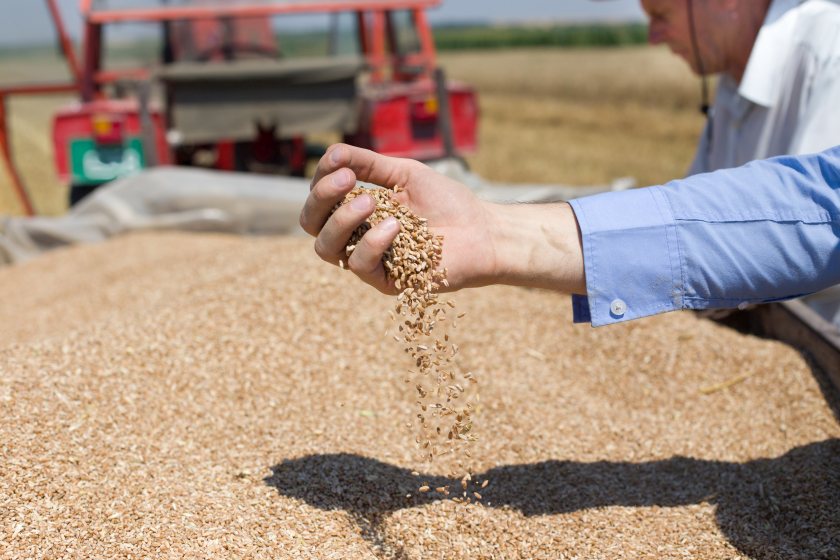
Wheat stocks across the UK have fallen sharply, with the latest figures showing record-high volumes of imported grain offsetting some of the steepest declines in domestic supplies seen in nearly a decade.
According to Defra, wheat held by merchants, ports, co-operatives, and on farms in England and Wales at the end of June 2025 was 35% lower than the same point a year earlier and 12% below the five-year average.
Defra estimates that on-farm wheat stocks in England and Wales totalled 651,000 tonnes in June 2025 – a 44% drop from 1.166 million tonnes the previous year, and 18% down on the five-year average.
This places stocks close to their lowest level in ten years, with only 2021 recording a smaller figure at 403,000 tonnes.
Levy board AHDB has also confirmed that commercial holders – merchants, ports and co-operatives – reported a 39% decline in domestic wheat stocks compared with June 2024, standing at 494,000 tonnes.
In contrast, imports surged to record levels. AHDB reported that imported wheat held in UK stores at the end of June reached 303,000 tonnes, up 21% year-on-year.
Earlier this summer, the organisation forecast that total UK commercial wheat stocks for the 2024/25 season could reach 2.94 million tonnes, a 2% fall from the previous year.
While wheat availability has tightened, other cereals have shown stronger trends. Merchants, ports and co-operatives held 21% more home-grown barley and 70% more oats than in June 2024.
On-farm stocks presented a mixed picture: barley in England and Wales fell 7% year-on-year to 135,000 tonnes, while oat reserves rose sharply from 16,000 tonnes in 2024 to 51,000 tonnes this year.
Industry analysts suggest that tighter wheat supplies could lend some support to domestic prices during the 2025/26 marketing year.
However, the outlook is tempered by weakness in global markets, with international price trends continuing to weigh heavily on UK wheat futures.
